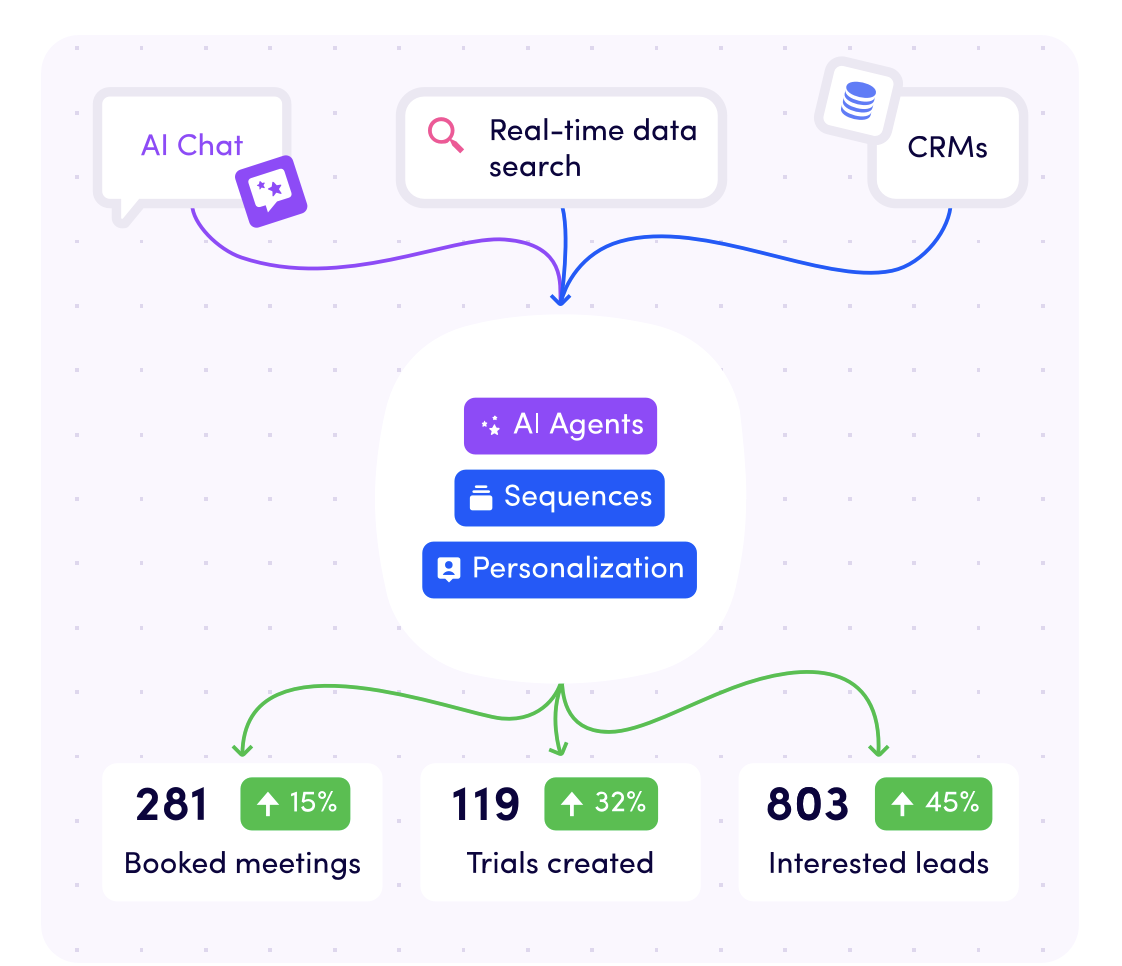We’ve reached a tipping point in the future of jobs in 2024. The digital skills gap is asking for the development of a growth mindset!
The Future of Jobs
Organisational roles are disappearing and being replaced by skill sets.
The digital skills gap is ever-growing.
At its current pace, technology is outpacing human skills causing a gap in the skills demanded and supplied by the job market.
In the future of jobs, employers require you to know an ever-growing number of new and ever-changing fundamental skills to use the technologies they've implemented.
That’s where the growth mindset comes in...master the fundamentals and you can master the rest.
A Growth Mindset
It starts with having a growth mindset with the desire and the confidence that you can learn anything.
Shift your thinking on how technologies will rattle, mutate, but ultimately enrich your work life.
If you play your cards right, technology will make your work life much better.
The fact is that technology will actually remove boring repetitive jobs from your way... but only if you understand the fundamentals.
And you have no excuse to do so.
How can you stay relevant if you can't talk the lingo? Can you talk tech, can you talk APIs, can you talk code, can you talk data?
Education systems are struggling to keep up with the skills demanded by future jobs..so train yourself and if you're an employer, train your people.
Online and offline courses have never been more readily available or rich in content.
Take your education into your own hands, learn to code, learn about behavioural psychology and automation tools, play with data, check user experiences, be curious…
it's time to build something!
Your greatest credential in this new era is your output of stuff, proof of your awesomeness.
A website, a blog, a prototype, a simple data model... it's time to build cool stuff and showcase it!
It's time to get shit done, time to develop your growth mindset.
It's time for YOUR growth.

Looking into the Future
It's also exciting, right?
Siri will recognise your voice even if you're five metres away from your phone.
That new chatbot feels totally real.
Self-driving cars are no longer fiction, you can analyse your DNA, you tried flying that drone for the first time, and you're thinking of buying a smart speaker to make your life so much easier.
A few years from now, and that's something like three years, not thirty, artificial intelligence, robotics, machine learning, mass 3D printing, biotechnology, chatbots, virtual reality, deep learning, drones, augmented reality, smart objects will all be deeply rooted in our everyday lives.
Just like computers, phones or electricity are for us today.
Oh, well, is this really gonna happen? And if it does, you'll adapt when the time comes, right?
Life is good. You love your job. You've been working for this established company for a few years, you're comfortable in your position.
You know what you're good at, people like you and that last presentation you gave got you some amazing reactions. You're safe with your company.
In the meantime, you see an article or two speculating on the future of jobs.
Oh, look, the supermarket just introduced a self-service cashier machine.
You're at the airport, checking in your luggage?
What the heck happened to all the real people at the check-in desk?
Gone. Replaced by machines.
But it's only the low-skilled jobs, right? Nope.
Think again. In 2012, 150,000 humans were working on Wall Street.
Three years later, automation has cut that number down to 100,000.
That's 1/3 gone.
But it's only the mathematical and scientific jobs, right? Again, no.
This Japanese insurance company Coca Mutual Life Insurance is already replacing all its human insurance claim workers with an AI system that will handle customers more efficiently.
Thinking of converting yourself to being an online poker player? Too late.
There's an AI that can already beat humans at it.
Most journalists, tax consultants, marketers, technicians, knowledge workers, and lawyers, will to some extent have been impacted or automated by technology in a couple of years.

And what have you been doing? Probably watching Netflix.
And the problem is the machines don't wait, and the machines don't watch Netflix.
So what are the forces at play here?
Basically, there are 10 million developers out there using increasingly simple and cheap technology to build new products and services.
Some as young as 12 are already coding the future.
Even that safe company you work for is increasingly under outside threat.
And it's not just the Google, Amazon, Facebook and Apple that I'm talking about.
There are now 10s of 1000s of startups out there eating away at all sorts of jobs.
Are they creating many jobs in the process?
Let's look at some stats travel a bunch of years back to when Kodak ruled the world of photography.
They were worth 38 billion and employed 140,000 people. That's approximately $270,000 per employee.
As they said: “Our people work with pride to make Kodak a creative and innovative company.’
Fast forward to recent times, YouTube sold for 1.65 billion with a mere 65 employees. That's $25 million per employee.
Instagram, which had 13 employees and sold for $1 billion. That's $77 million per employee.
WhatsApp sold for 19 billion with 55 employees. That's a staggering $345 million per employee.
So how is this all possible?
Technology has allowed the emergence of what we call exponential organisations.
These are exponentially fast-growing companies that leverage technology and require fewer employees but more tech-savvy ones.
You will find that we are technology optimists.
We believe that technology is a major driver of change in the world.
And as software continues to eat up the world, more companies are trying to replicate these exponential companies.
Hire fewer people but grow exponentially through technology.
As this happens, job roles are slowly disappearing and being replaced by skill sets.
A digital skills gap is growing for both mid-skill and high-skill level jobs.

Final Thoughts
Before you know it you could become irrelevant.
But wait, what's this Doomsday message?
There's actually a way to leverage technology before it leverages you.
And in fact, it's never been easier to do.
This might sound kind of corny but it starts with the right state of mind.
It starts with having a growth mindset.
Where you have the desire and the confidence that you can learn anything.
Shift your thinking on how these technologies will rattle and mutate but enrich your work life.
Because yes, if you play your cards right, technology will make your work life and your life in general, much, much better.
The fact is that technology will actually remove boring repetitive jobs out of your way, but only if you understand the fundamentals, and you have no excuse not to do so.
How can you stay relevant if you can't talk the lingo? How can you stay relevant if you can't execute? Can you talk tech? Can you talk API's? Can you talk code? Can you talk data?
You can start learning by yourself and take a number of online courses while also researching and reading articles on the topic.
If you are looking for some courses to enrol in, check out the Growth Marketing course and AI for Business courses from Growth Tribe.
It's time to build cool stuff and showcase it. It's time to start learning. It's time to get shit done. It's time for your growth!













